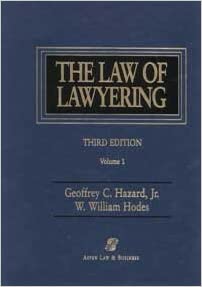NATION OF LIARS–TAKING THE OATH MAKE A DIFFERENCE?
MICHAEL SEAN QUINN*
Consider the following quote:
Lying, it turns out, is something that most of us are very adept at. We lie with ease, in ways big and small, to strangers, co-workers, friends and loved ones. Our capacity to dishonesty is as funda- mental to us as our need to trust others which ironically makes us terrible at detecting lies. Being deceitful is woven into our very fabric, so much so that it would be truthful to say that to lie is human.
That’s the end of the quote. Still one can driven to begin reading Thomas Hobbes again or to play the role of a postmodern Cartesian and say, “I lie therefor I exist.”
Back to the quote. Dan Winter, Why We Lie NATIONAL GEOGRAPHIC, p. 36 (June 2017).
He quotes psychologist Bruno Verschuere: “‘The truth comes naturally, but lying takes effort and a sharp, flexible mind.” Winter continues, “Lying is part of the development process, like walking and talking. Children learn to lie between ages two and five, and lie the most when they are testing their independence.” As for Winter, he might as well say, “I talk therefore I lie.” As for Verschuere, one wonders how many “idiots” he has actually met, not to mention how many drug addicts.
Still. Assume what Winter says is true. How might this affect the practice of law, especially in adversarial litigation.
Karl Popper, one of the great philosophers of science in the last century, thought that the best science was to hypothesize a proposition (of set of them) and try and refute it (or them). If you failed to refute then you might be able to reasonably infer its (or their) truth, for a while anyway.
*Michael Sean Quinn, Ph.D, J.D., Etc.
Law Office of Michael Sean Quinn
Law Office of Michael Sean Quinn
1300 West Lynn #208
Austin, Texas 78703
(o)(c) 512-656-0503




Recent Comments